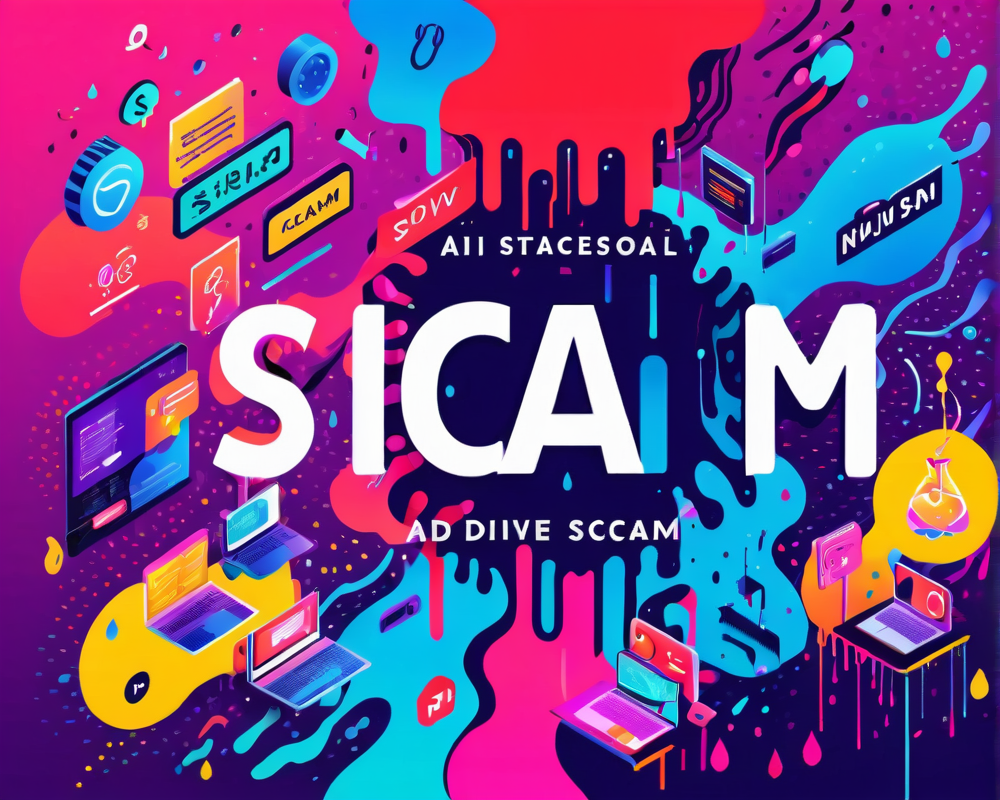Understanding the Scam Dynamics
Life is tough enough without having to dodge the latest digital scams, but here we are! In a new twist, an AI-backed scam has emerged that’s as tricky as a cat trying to shake hands. Victims of this con might think they’ve seen it all, but these scammers are upping their game with convoluted schemes that would give even the most seasoned detective a headache.
The Threatening Letter: A Close Encounter
Picture this: you wake up to an email titled “DMCA Copyright Infringement Notice” from a so-called law firm, warning you about a cryptocurrency-related article using copyrighted material. Spoiler alert: the image in question doesn’t even exist in your piece! Subsequent emails demanding links to their site follow, proving they’re not only persistent, but perhaps also a bit desperate.
The Red Flags: Spotting the Hoax
It takes a special kind of detective to unravel this web. Here’s what to watch out for:
- The Domain Name: A .site domain? Red flag alert! Legit law firms usually go for something a bit more, shall we say, mainstream?
- Lack of Credibility: The sender, “Alicia Weber,” couldn’t hand you even a whisper of legitimacy. No phone number, no address — just an email filled with threats.
- AI-Generated Imagery: Their website features corporate headshots that feel like they were created in a fever dream. If it looks like a computer-generated cartoon, it probably is!
The Irony of AI and Copyright
Is it just me, or is it supremely ironic that a scam using AI threatens to sue over copyright infringement? It’s like being yelled at by a mime — utterly pointless! The very machinery that fuels the scam is entangled in its own copyright lawsuits. Oh, the twisted merry-go-round of digital ethics!
The Scam’s Underbelly: What’s the End Game?
So what’s the endgame here? While it may not involve plundering a crypto wallet (because, let’s face it, no one’s pouring their hard-earned cash into a site with a digital red carpet), it seems these scammers are fishing for something much simpler: your private information. The theory? They leverage outdated credentials on all that dismal data generated from unsuspecting users. A classic identity theft plot!
A Suspenseful Conclusion
In conclusion, though the brush with this scam was entertaining, it certainly highlights a worrisome trend in our digital landscape. If you stumble upon a suspicious DMCA notice in your inbox, remember: it’s probably the work of some AI-fueled nefariousness trying to reel you in. Not all phishing attempts come looking like a fish dangling a hook — some come disguised as formal legal notices!




